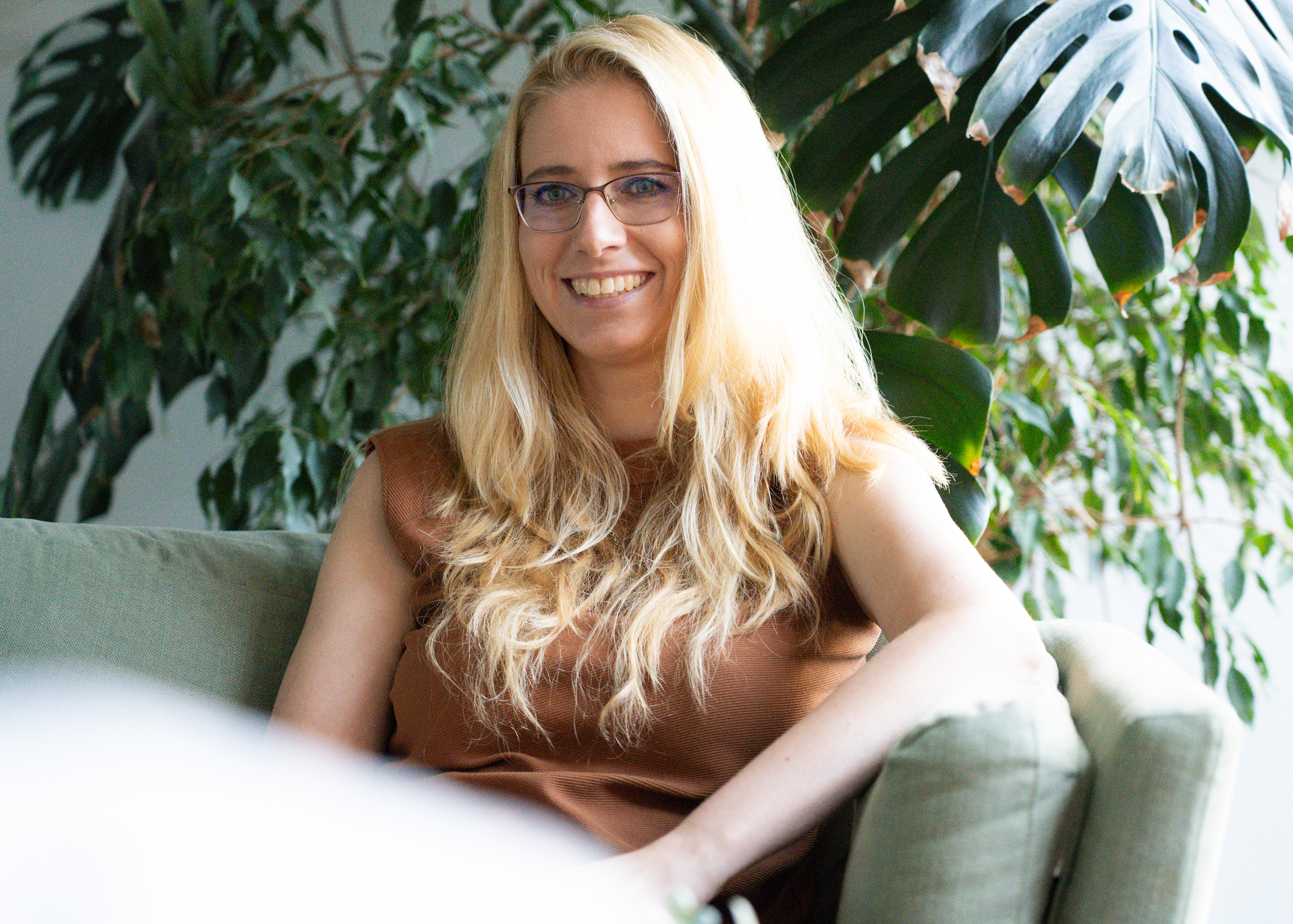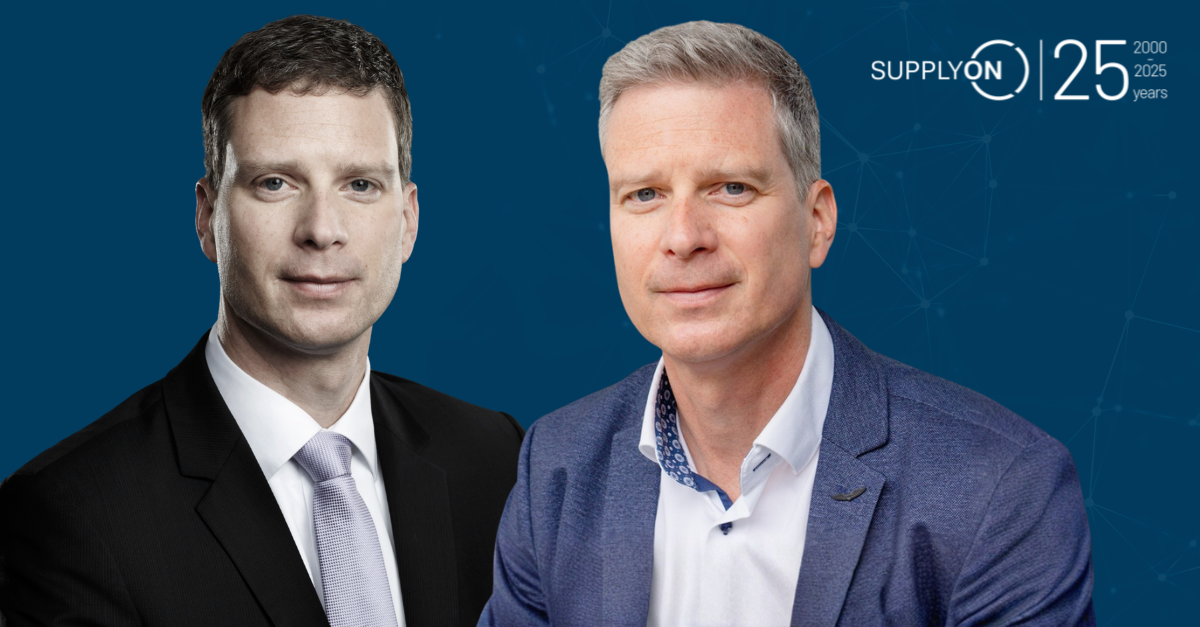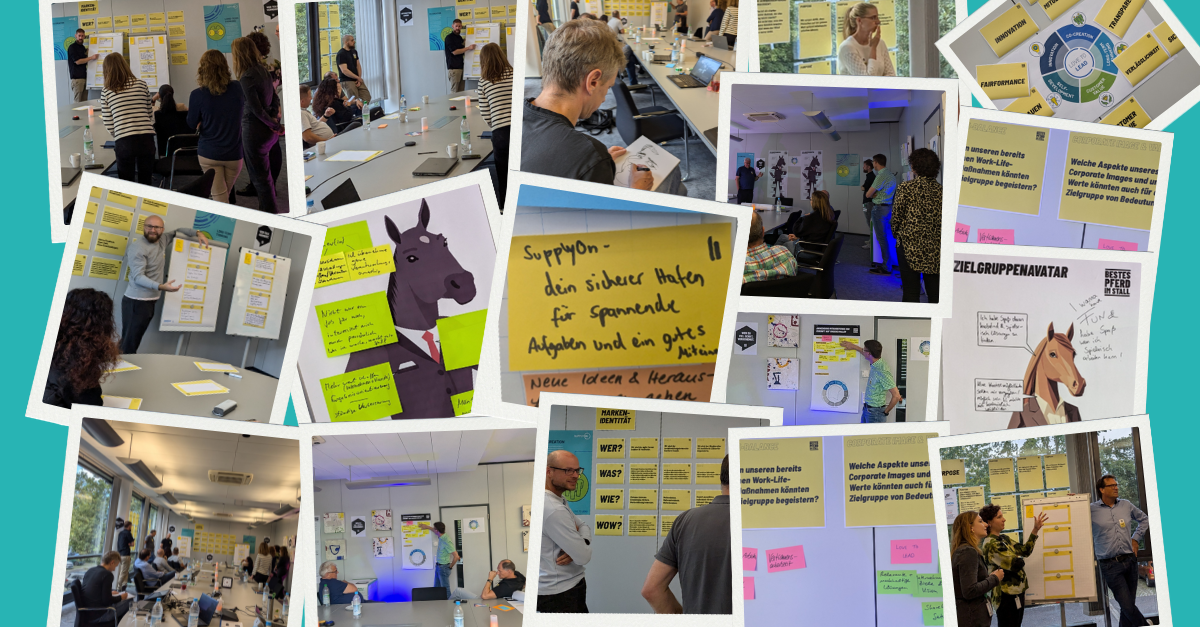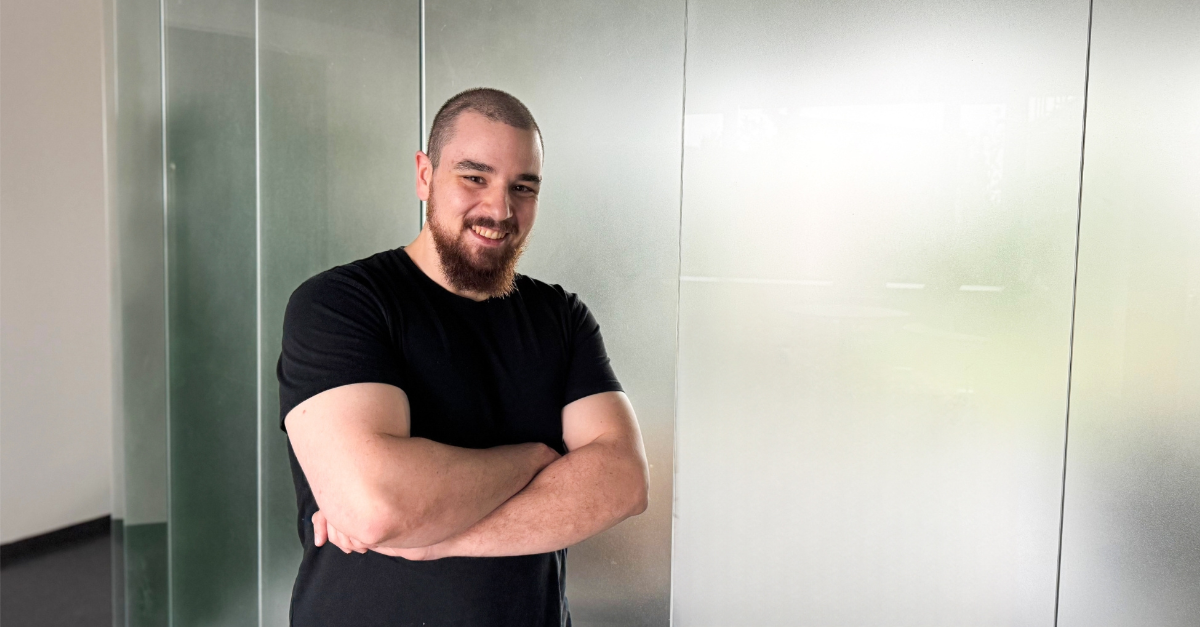From mistakes to progress: Miriam on the benefits of a positive error culture

Error culture is an essential component at SupplyOn to promote continuous improvement and personal growth. In this interview, Miriam Lanzinner, Head of SCC and TM Solutions at SupplyOn, talks about her attitude to error culture, how she deals with errors in the team, and what role they play in professional development.
As a manager, how do you live the learning culture and actively promote the sharing of experiences from mistakes in the team?
Miriam: In our team, mistakes are allowed to happen and that they are a natural part of our work. Nobody makes mistakes on purpose. My motto is: “You live, you learn!”
Transparency is very important to me. I make sure that we have open communication and that everyone dares to address unpleasant topics. I achieve this by setting a good example myself and talking openly about my own mistakes and challenges. In this way, I create an environment in which mistakes are not seen as a weakness, but as a learning opportunity.

What methods do you use to promote a constructive approach to mistakes?
We work according to the SAFe method in product development. Among other things, this is based on the conviction that mistakes are accepted and seen as learning opportunities in order to promote project progress. It is not about apportioning blame but looking at mistakes neutrally and drawing the right conclusions from them.
In fact, mistakes are beneficial to our learning. In practice, we use every productive problem to improve our test automation. When an error occurs, we feed it back into the automation to ensure that it is covered in the future. This approach helps us to continuously improve, drive innovation and strive for perfection — without having to be afraid of making mistakes.
How does this learning process actually work?
Miriam: When a mistake occurs, we discuss it as a team and analyze what went wrong. We often use the 8D process, which systematically examines in eight phases what the problem was and what measures we need to take to prevent it in future. This process helps us to take a thorough and structured approach, especially when dealing with major challenges that affect several departments.
Working according to the SAFe methodology also involves regular feedback elements, such as the retrospective. In these retrospectives, we reflect on what went well and what went less well and look for solutions together to continuously improve.

Would you say that it takes practice to distance yourself emotionally from mistakes?
Miriam: Absolutely. It’s a learning process. Product Owners often have a strong personal attachment to their projects, a very high sense of responsibility and the last thing they want for their project is for mistakes to happen. It is human to have the impulse to justify yourself or assign blame when mistakes occur. You have to learn to remain neutral. At the end of the day, we are all pulling in the same direction and customer satisfaction and quick problem resolution are crucial to the success of the company.
Experience plays a major role here. For new employees at SupplyOn, it is also a learning process to understand that mistakes are seen as learning opportunities and that this is not just said, but really lived. This is very much about letting go of possible past experiences, rethinking and ultimately building trust. If employees feel that mistakes are accepted, the fear of them will also disappear. And that is so important, because people who work out of fear tend to make more mistakes.

Do you have any other tips for employees on how they can analyze their own mistakes and deal with them constructively?
Miriam: It’s important to take a differentiated view of mistakes and not overlook the interpersonal aspects. Anonymous 360-degree feedback can help to uncover underlying problems that are not immediately visible. I think that’s very important, because only when problems are on the table can they be worked on. Employees should also reflect regularly and talk openly about mistakes to find solutions together and learn from them.
So, I would advise employees to be open to mistakes and see them as an opportunity to grow. Work closely with your team and take every opportunity to learn and develop from challenges.
Would you like to join an employer with a culture of error and learn to use mistakes as an opportunity for personal growth using agile methods?
Go to our vacancies: SupplyOn Group



